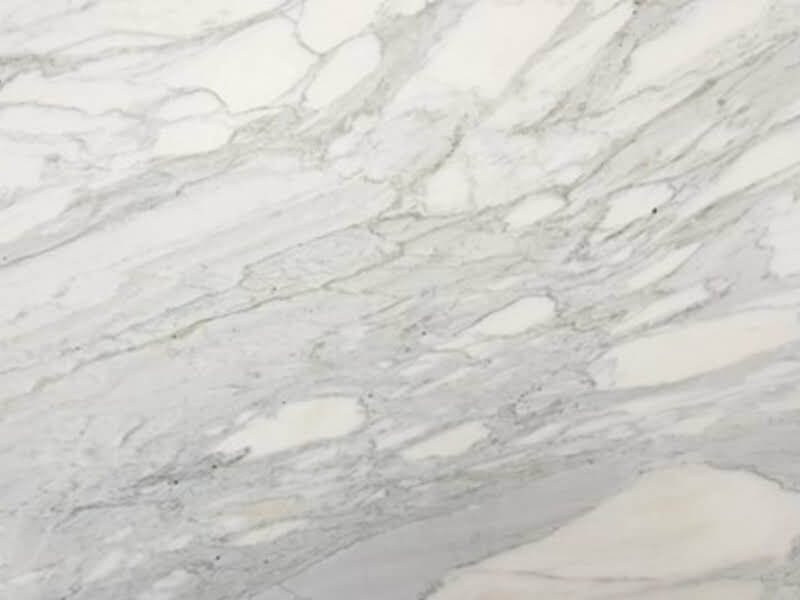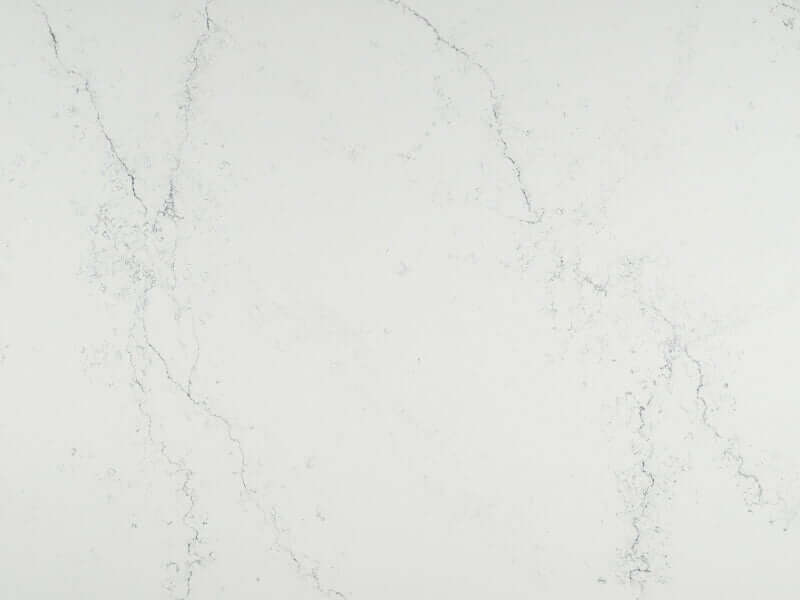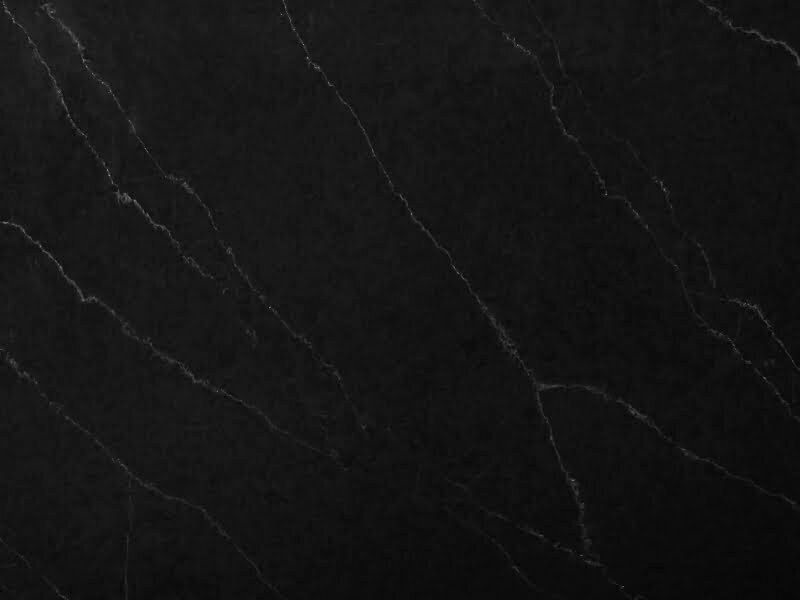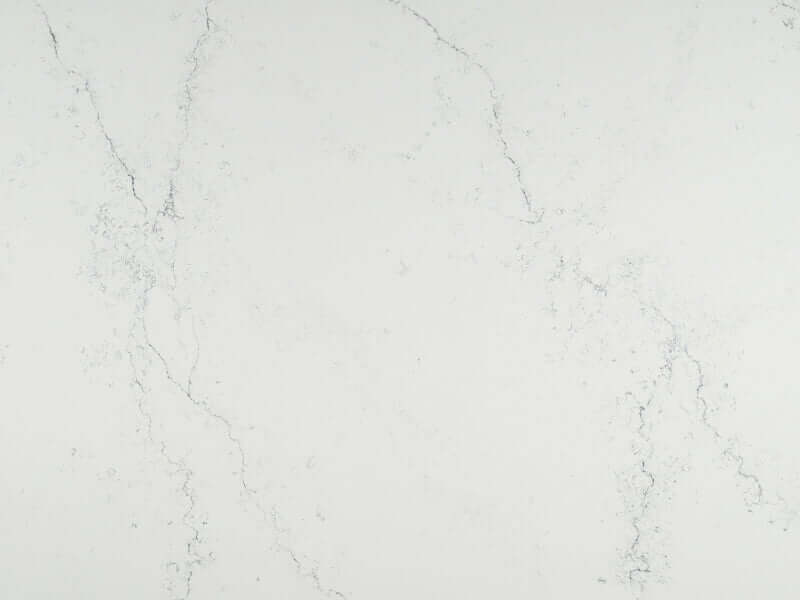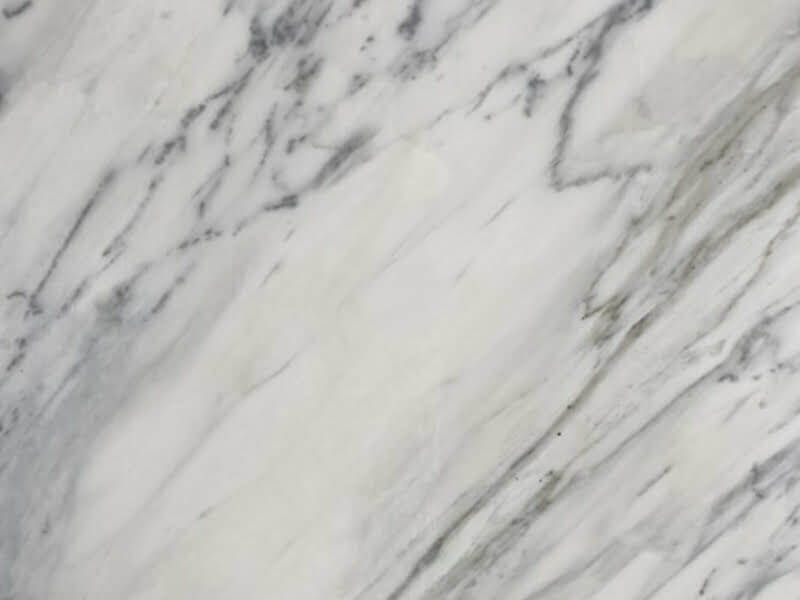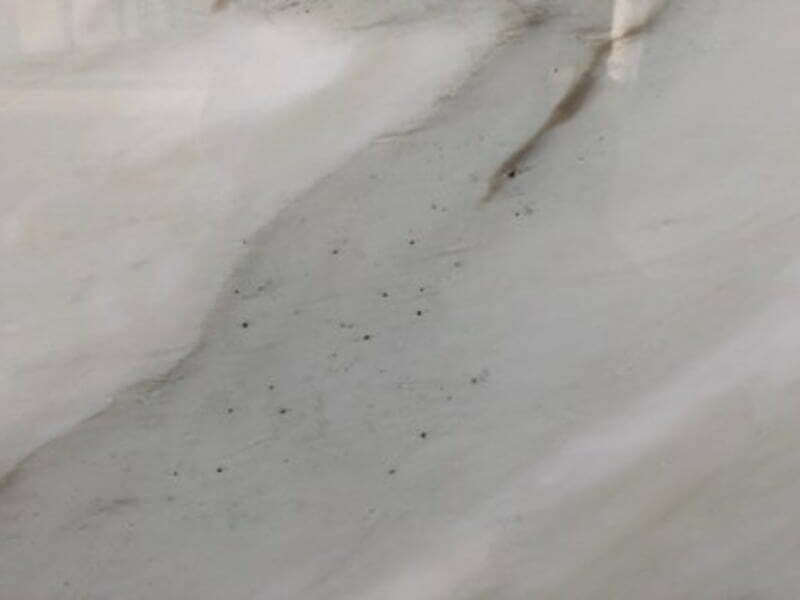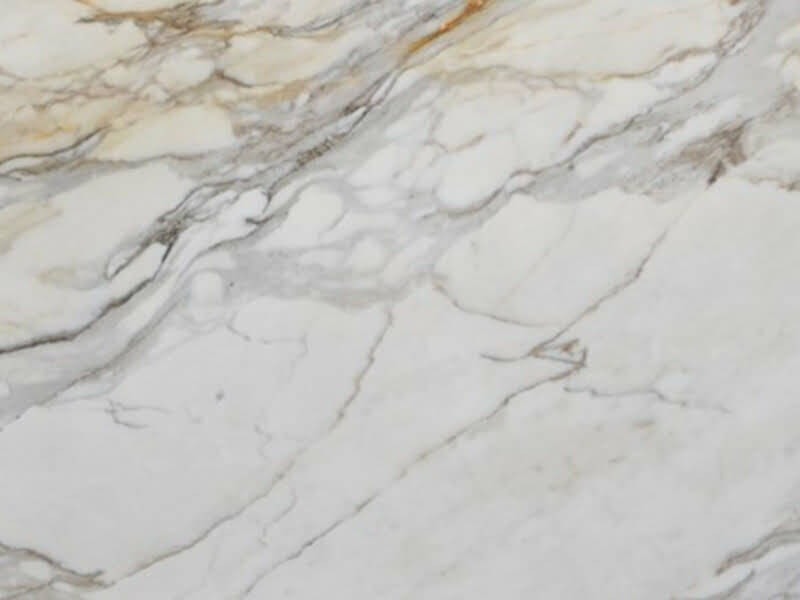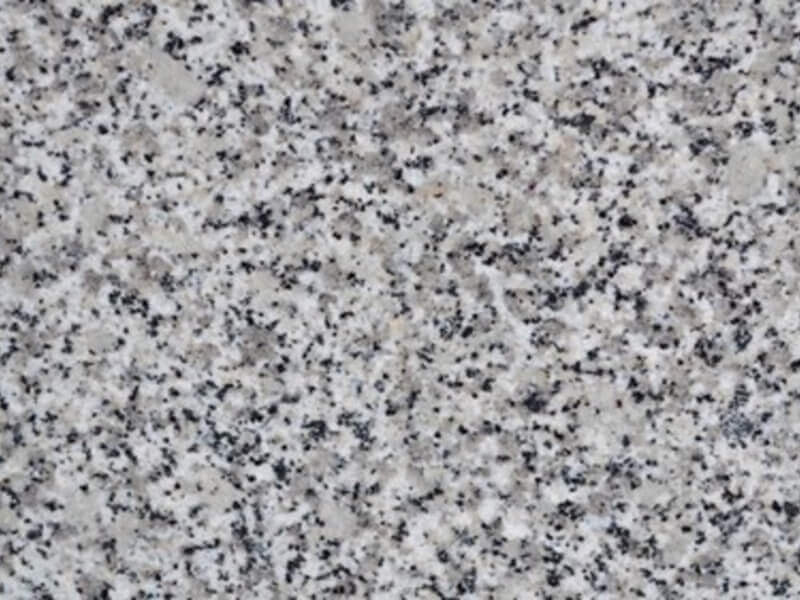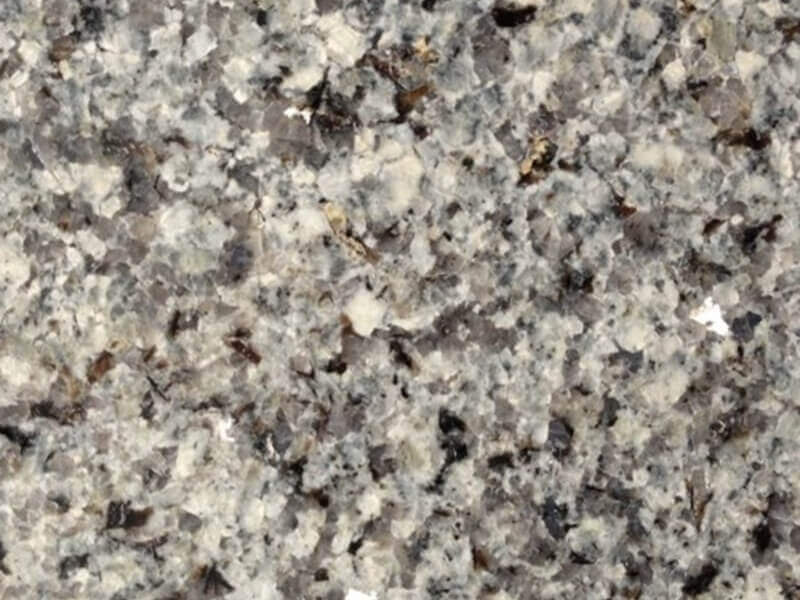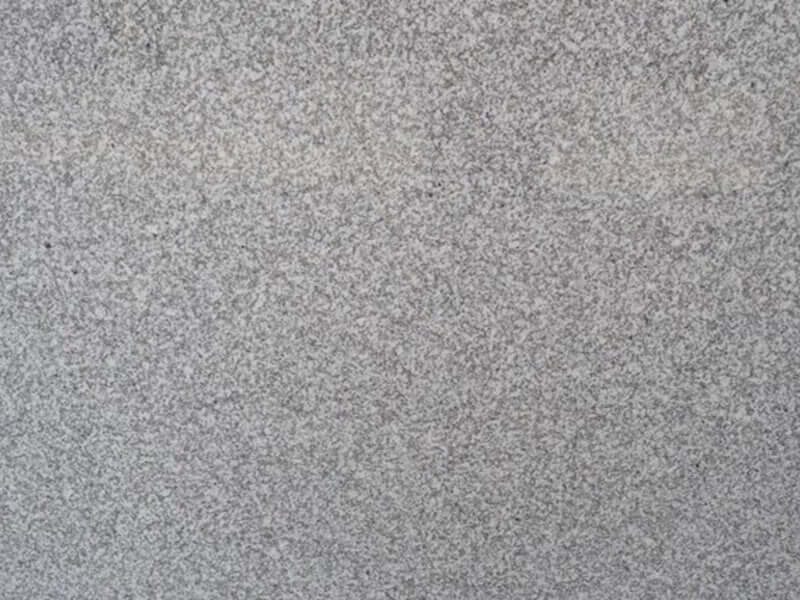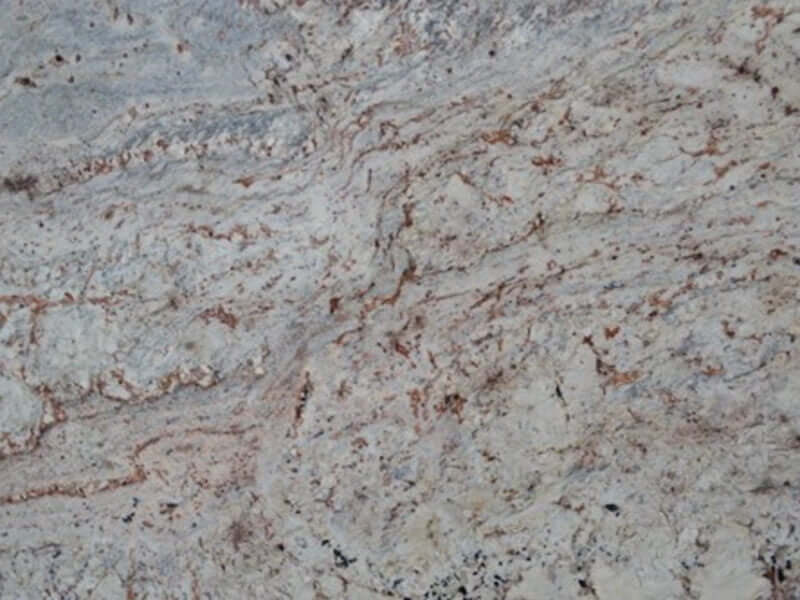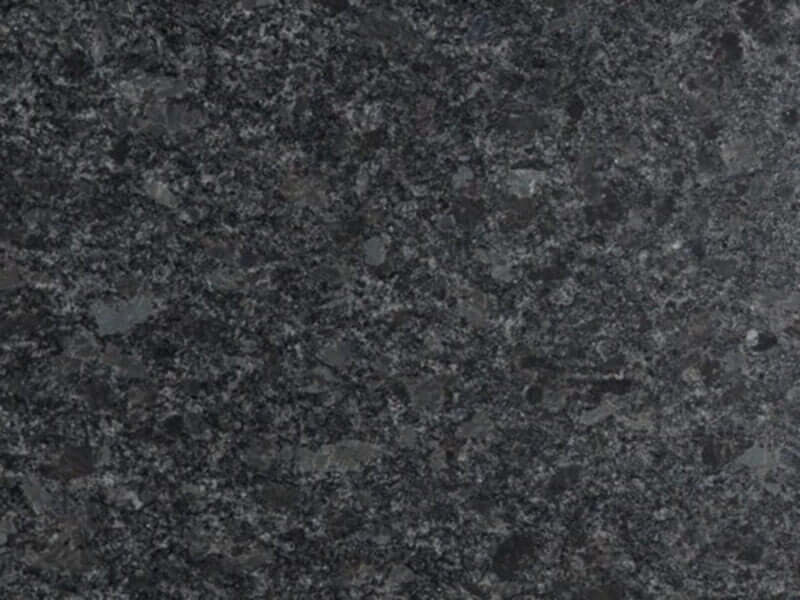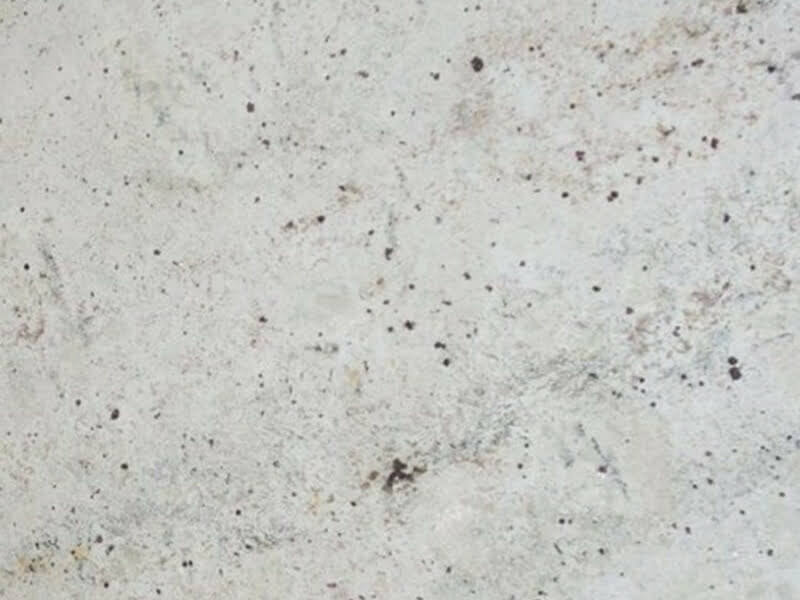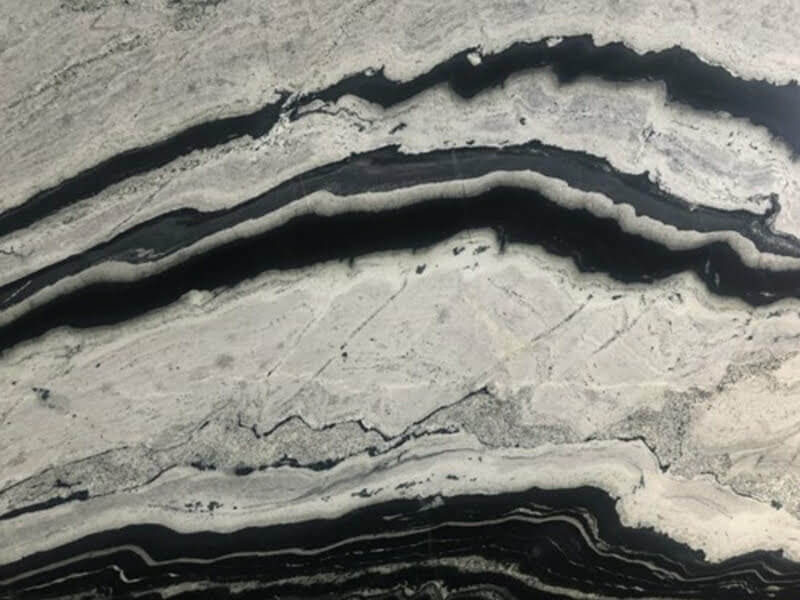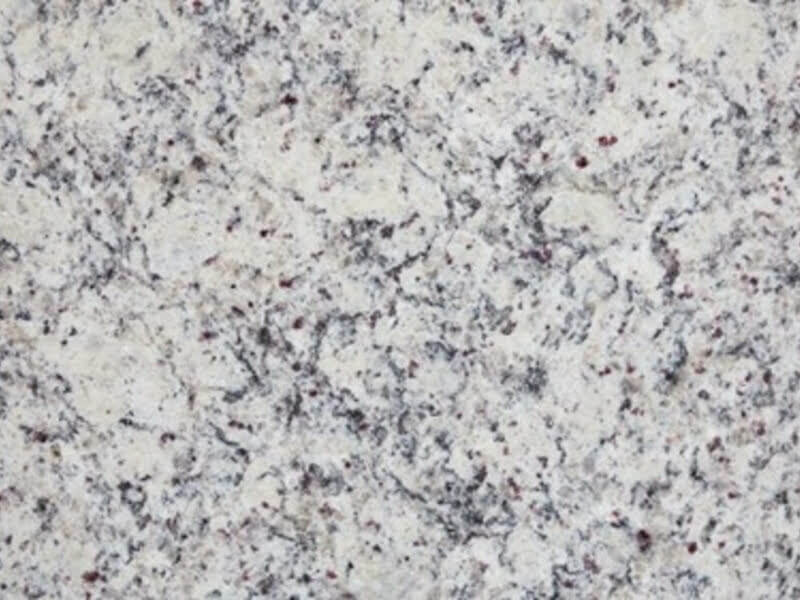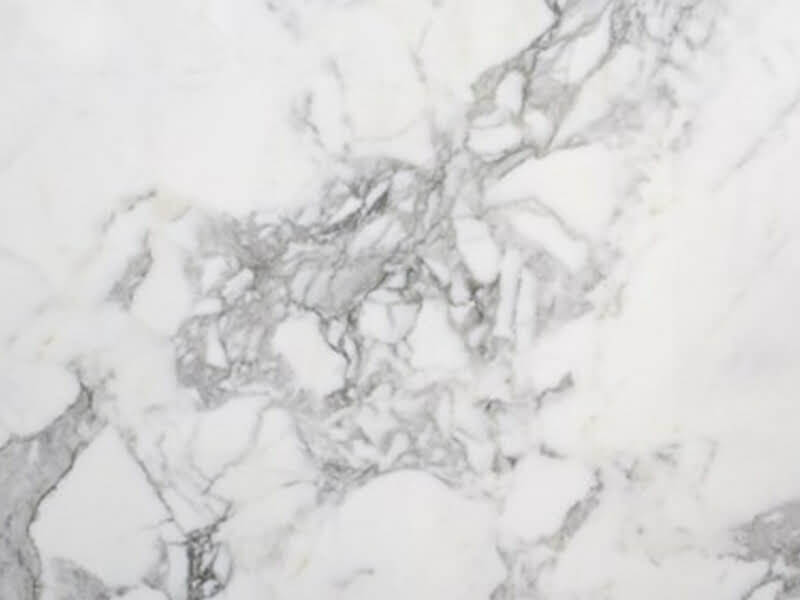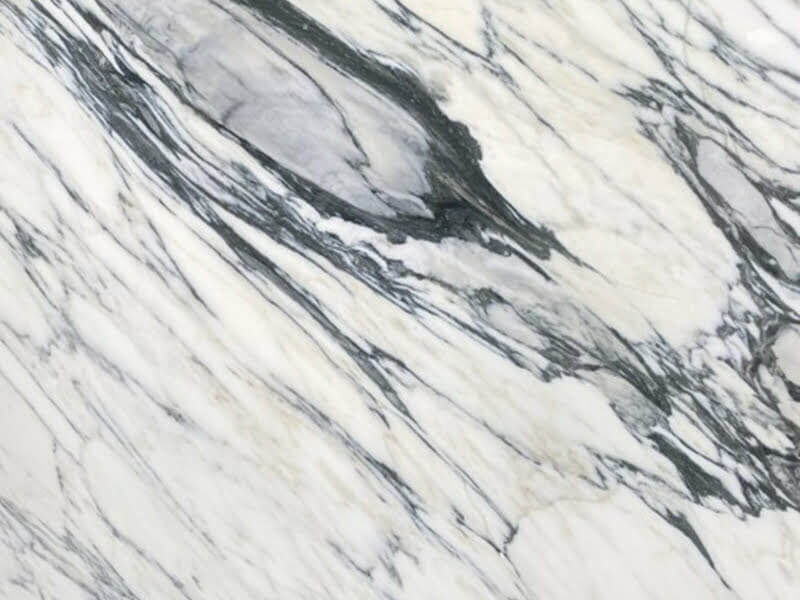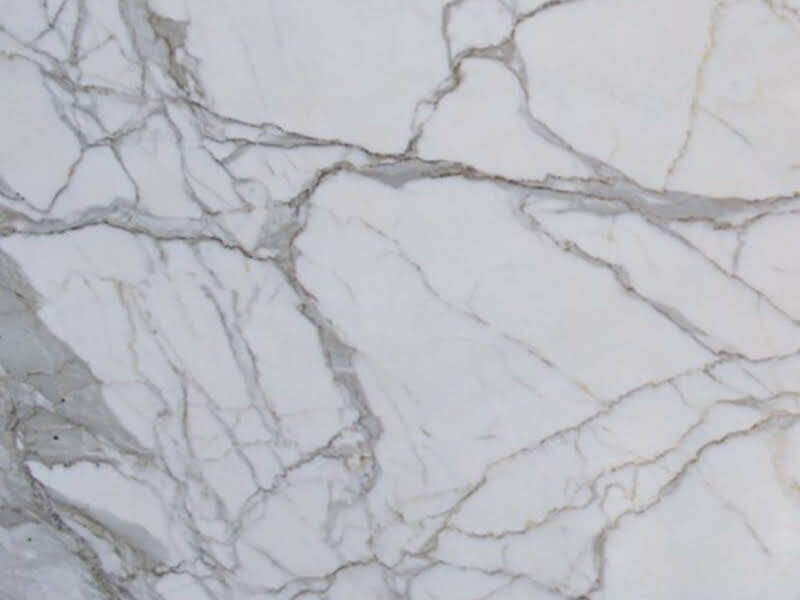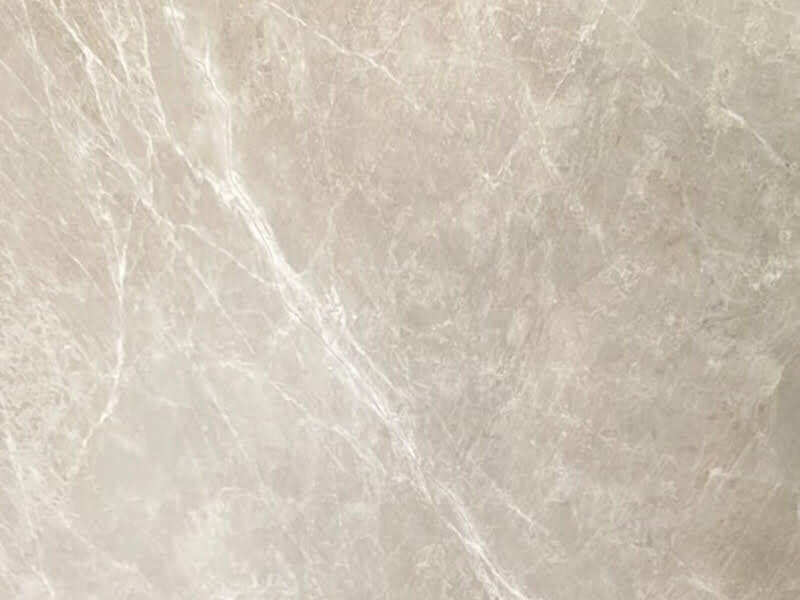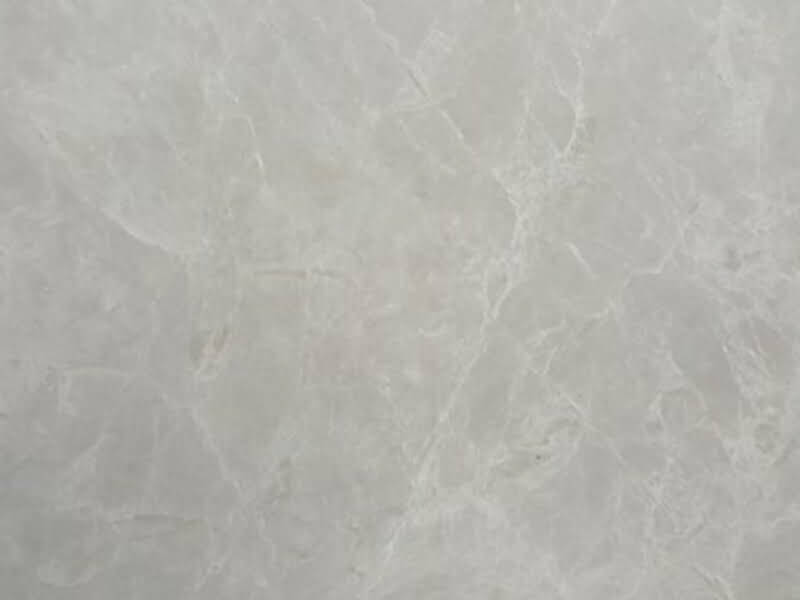How do you Clean Quartz Worktops?
Quartz worktops have become a staple in modern kitchens, prized for their exquisite appearance and robustness.
However, to uphold their beauty and longevity, regular cleaning is paramount. In this segment, we will delve into the significance of cleaning quartz worktops and how neglecting dirt and stains can impact their quality over time.
Why Regular Cleaning Matters
Preserving Beauty: Quartz worktops boast stunning patterns and hues that elevate the aesthetic of your kitchen. Routine cleaning eliminates dirt and grime that may diminish the surface’s radiance, allowing it to maintain its natural lustre.
Stain Prevention: Despite being non-porous, quartz can still be vulnerable to staining if spills are not promptly addressed. By swiftly tackling spills like coffee or oil-based substances, you can thwart permanent blemishes on your countertop.
Ensuring Hygiene: Given that the kitchen is a hub for daily food preparation activities, keeping your quartz worktops clean ensures that harmful bacteria or germs from raw ingredients do not linger on its surface, fostering a sanitary cooking environment.
Materials Needed for Cleaning Quartz Worktops

To maintain the pristine beauty of your quartz worktops, it is crucial to have the right materials on hand. These essential items are not only gentle on quartz surfaces but also highly effective in removing grime and stains without causing any harm. Here’s a list of what you’ll need:
- Gentle Dish Soap: Opt for a mild dish soap when cleaning quartz countertops. Look for a pH-neutral or non-acidic formula that is free from harsh chemicals or abrasives.
- Warm Water: Use warm water to create a soapy solution with the dish soap. Be sure not to use water that is too hot, as extreme temperatures can potentially damage your worktop.
- Soft Cloth or Sponge: Choose a soft cloth or sponge to prevent scratching the surface of your quartz worktops. Microfiber cloths work wonders in trapping dirt particles and leaving your counters streak-free.
- Non-Abrasive Cleaner: For tougher stains, keep a non-abrasive cleaner specifically designed for quartz surfaces handy.
- Plastic Scraper: A plastic scraper comes in handy for removing stubborn dried-on substances like gum or food residue without damaging the surface.
- Isopropyl Alcohol (Optional): When dealing with sticky residues such as adhesive tape marks or grease spots, using isopropyl alcohol can help dissolve them quickly and efficiently.
- White Vinegar (Optional): White vinegar serves as another natural alternative for tackling tough stains on your quartz worktops if needed.
Remember to steer clear of abrasive cleaners, scouring pads, steel wool, bleach-based products, and acidic solutions like lemon juice or vinegar as they can cause irreversible damage to your beautiful countertops. Stick to these recommended materials for safe and effective cleaning practices.
Step-by-Step Guide to Cleaning Quartz Worktops
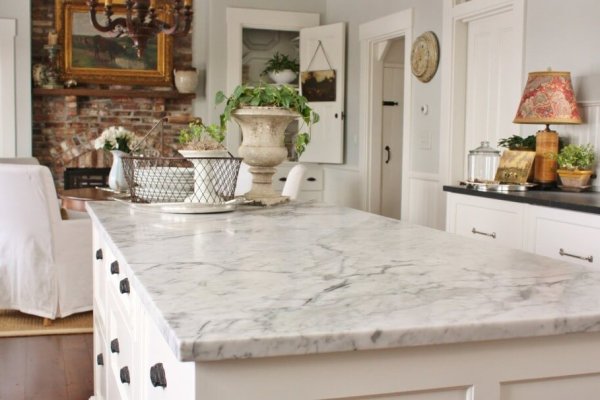
Maintaining the pristine beauty of your quartz worktops is essential to ensure their longevity. Follow these expert tips on how to clean your quartz surfaces effectively:
Gather the necessary materials: Before you start cleaning, make sure you have all the essentials on hand:
- Warm water: Loosens dirt and grime effectively.
- Mild dish soap or pH-neutral cleaner: Harsh chemicals can damage the surface.
- Soft cloth or sponge: Prevents scratching.
- Plastic scraper or putty knife (if needed): Removes dried-on substances gently.
Prepare the cleaning solution: Mix warm water with a small amount of mild dish soap in a bucket until it forms a soapy solution.
Wipe down with a damp cloth: Use the soapy solution to wipe down the entire countertop, removing loose debris.
Tackle stubborn stains carefully: For tough stains, gently scrub using circular motions with a soft sponge or cloth.
Rinse thoroughly with clean water: Ensure no residue remains by rinsing the worktops thoroughly.
Dry completely with a soft cloth: Prevent water spots and streaks by drying off any excess moisture.
Polish for added shine (optional): Enhance the natural shine of your countertops with non-abrasive quartz cleaner or polish as per manufacturer’s instructions.
Regular maintenance is key: Wipe up spills promptly, avoid direct heat exposure, and use cutting boards to protect against scratches.
Common Mistakes to Avoid When Cleaning Quartz Worktops

Having extensive experience in the care and maintenance of quartz worktops, we have witnessed numerous individuals unknowingly make errors that can harm the appearance and lifespan of their surfaces. To help you steer clear of these pitfalls, here are some essential guidelines on what to avoid when cleaning your quartz worktops:
Avoiding abrasive cleaners: One common blunder is using harsh or abrasive products on quartz surfaces. These cleaners can cause scratches and diminish the luster of your worktop over time. Opt for gentle, non-abrasive solutions specifically formulated for use on quartz.
Promptly addressing spills and stains: While quartz is resistant to staining, it’s crucial to promptly clean up spills to prevent any potential discoloration. Don’t allow liquids like wine, coffee, or oil to linger – swiftly wipe them away with a soft cloth and mild soap.
Steering clear of acidic or alkaline solutions: Acidic substances like vinegar or lemon juice can damage the surface if left unattended for too long. Likewise, alkaline solutions such as bleach may lead to discoloration and harm the stone. Stick with pH-neutral cleaners recommended by professionals.
Using gentle cleaning tools: Resist the urge to scrub tough stains with abrasive sponges or brushes as this can result in scratches on your quartz worktops. Always opt for a soft cloth or non-abrasive sponge when cleaning – gentle pressure is all that’s needed.
Adhering to manufacturer instructions: Each brand of quartz may come with specific care guidelines from the manufacturer that should be followed diligently. Disregarding these instructions could void warranties and potentially compromise the integrity of your countertops in the long term.
Cleaning without rinsing properly: After applying cleaner onto your worktop surface, always remember to rinse it thoroughly with clean water. Failing to do so can leave behind residue that may dull the shine of your quartz worktops.
Avoid excessive force: Although quartz is a durable material, it’s important to use caution when cleaning it. Don’t resort to heavy-duty scrubbing tools or apply excessive pressure as this can damage the surface.
Maintaining Your Quartz Worktop Post-Cleaning
Once you’ve completed the cleaning process for your quartz countertop, it’s crucial to keep up with maintenance to preserve its pristine condition. Here are some essential tips to ensure your worktop remains in top shape:
Regularly wipe down the surface: To prevent dirt and stains from accumulating, make a habit of wiping down your quartz countertop daily. Use a soft cloth or sponge with warm water and mild soap to gently clean the surface.
Avoid using abrasive cleaners: While quartz is durable, abrasive cleaners can still cause damage over time. Steer clear of harsh chemicals or scrubbing pads that could scratch the surface. Stick to gentle cleaning solutions designed specifically for quartz surfaces.
Clean spills promptly: Accidents happen, but it’s important to address spills immediately on your quartz worktop. Liquids like red wine, coffee, or oil can stain if left unattended for too long. Simply blot the spill with a soft cloth and rinse with water.
Protect against heat damage: Although resistant to heat, extreme temperature changes can harm quartz over time. Always use trivets or hot pads when placing hot items directly on your worktops.
Avoid cutting directly on the surface: While durable against scratches, it’s best practice not to cut directly on your countertops without a cutting board. This will help maintain their longevity and appearance.
Follow manufacturer guidelines: Different brands may have specific care instructions for their type of quartz material; be sure to follow these guidelines provided by the manufacturer.
By incorporating these maintenance practices into your routine post-cleaning, you’ll extend the beauty and functionality of your quartz worktops for years ahead. Remember that prevention is key to preserving the quality of your worktops.
